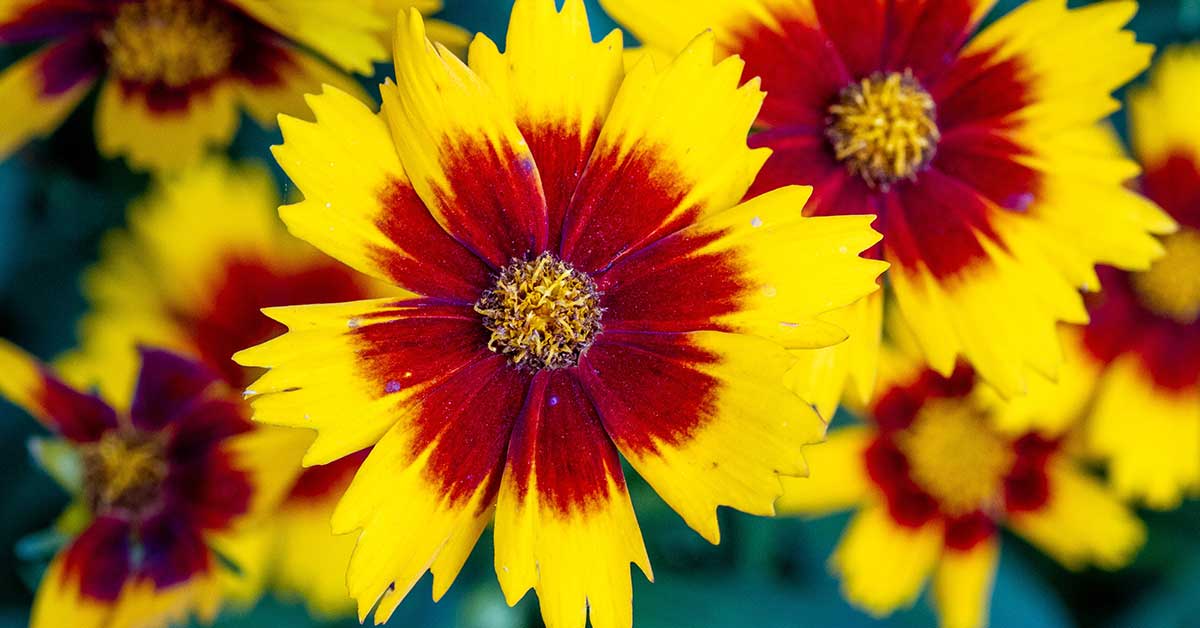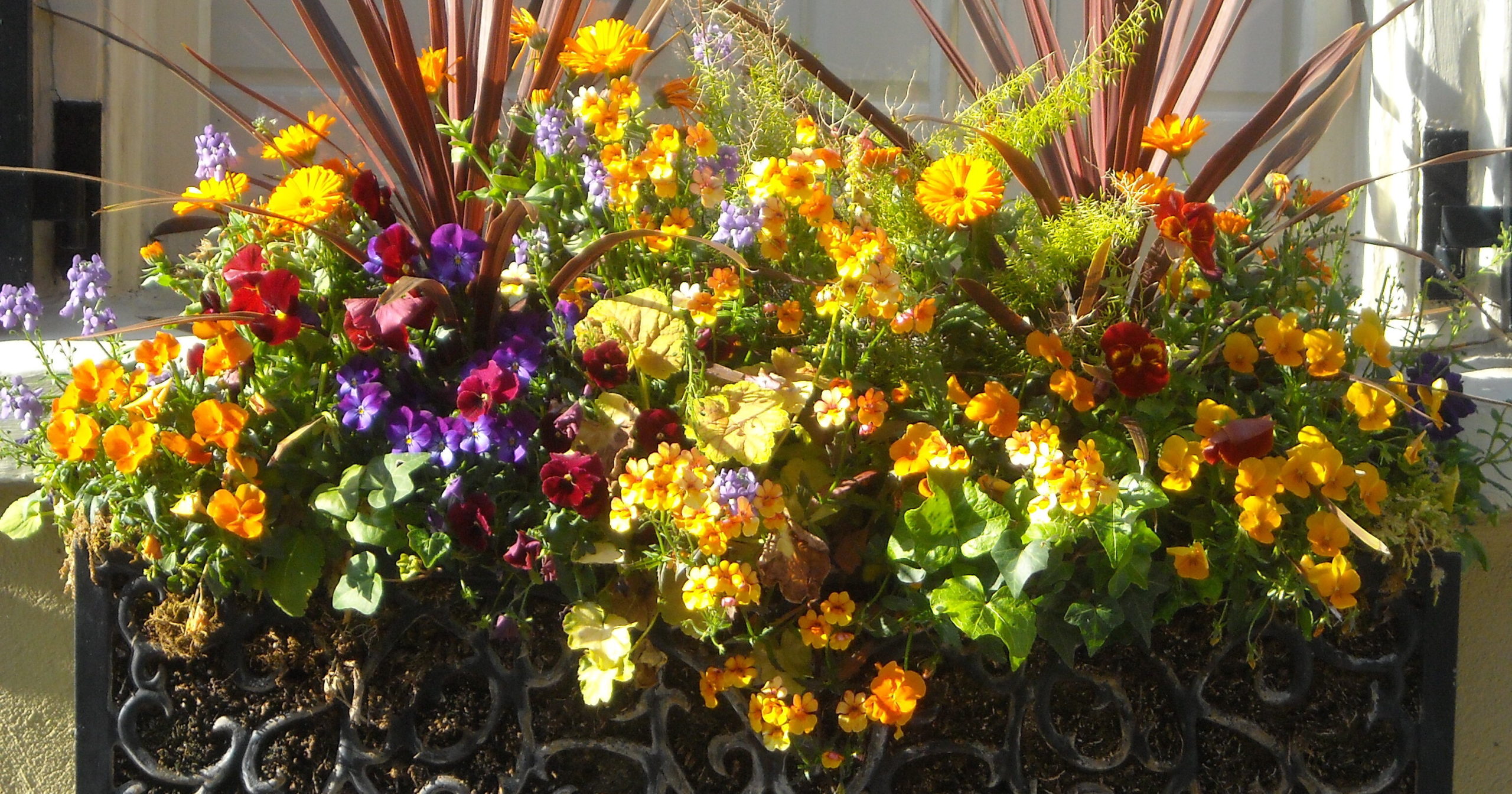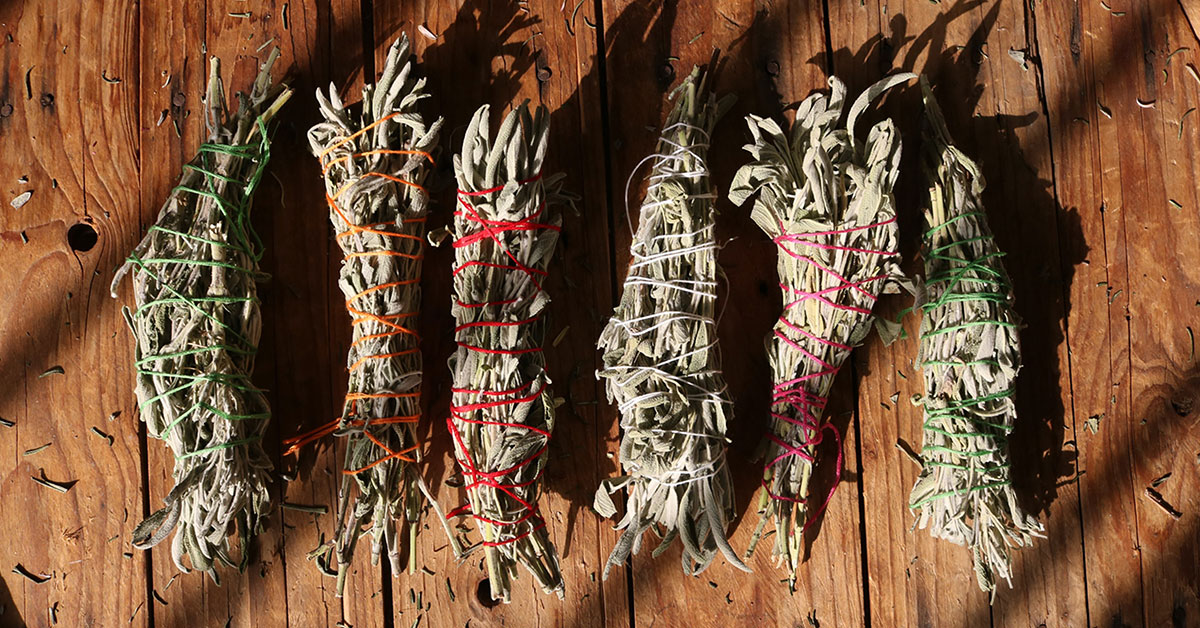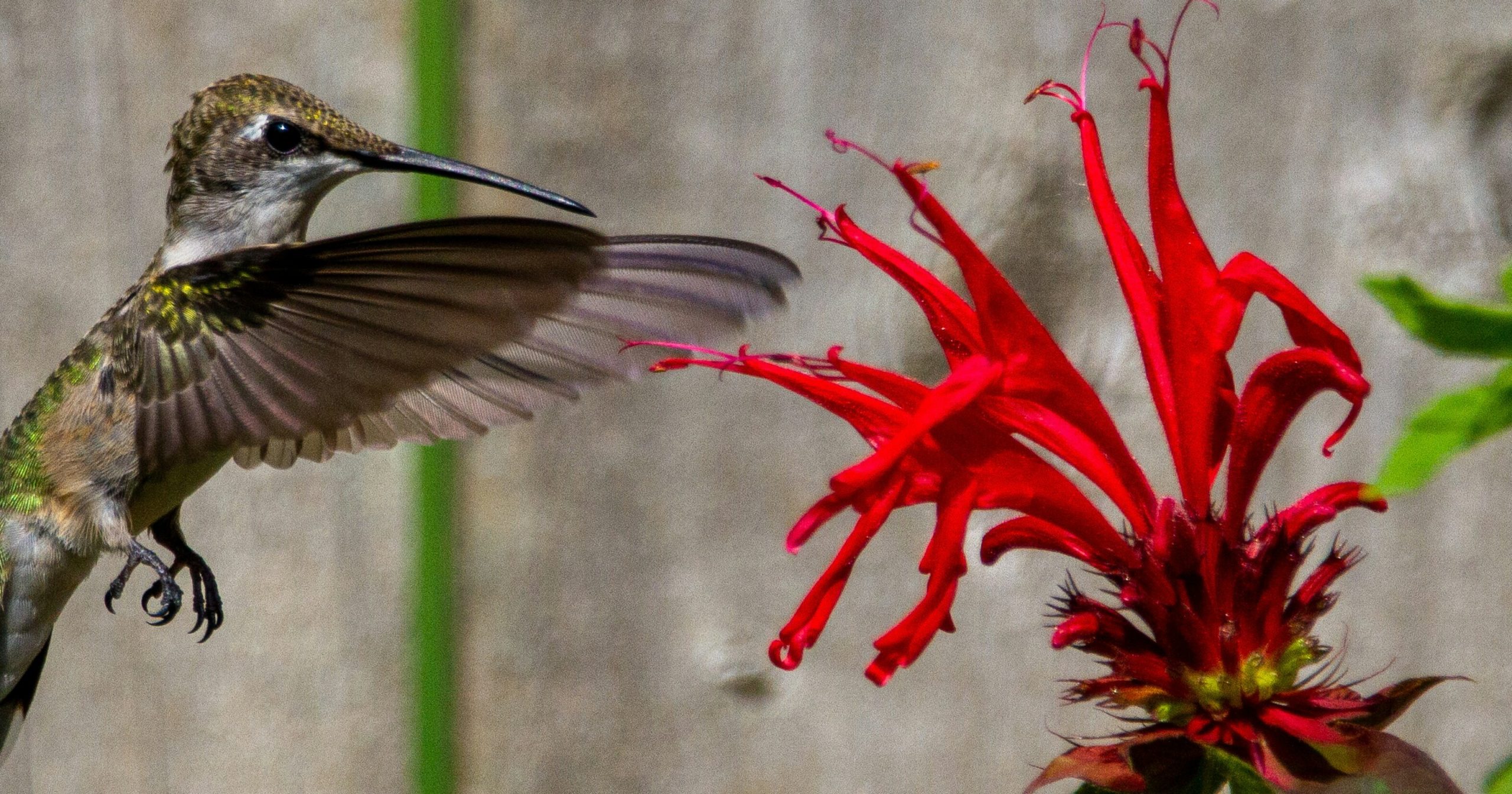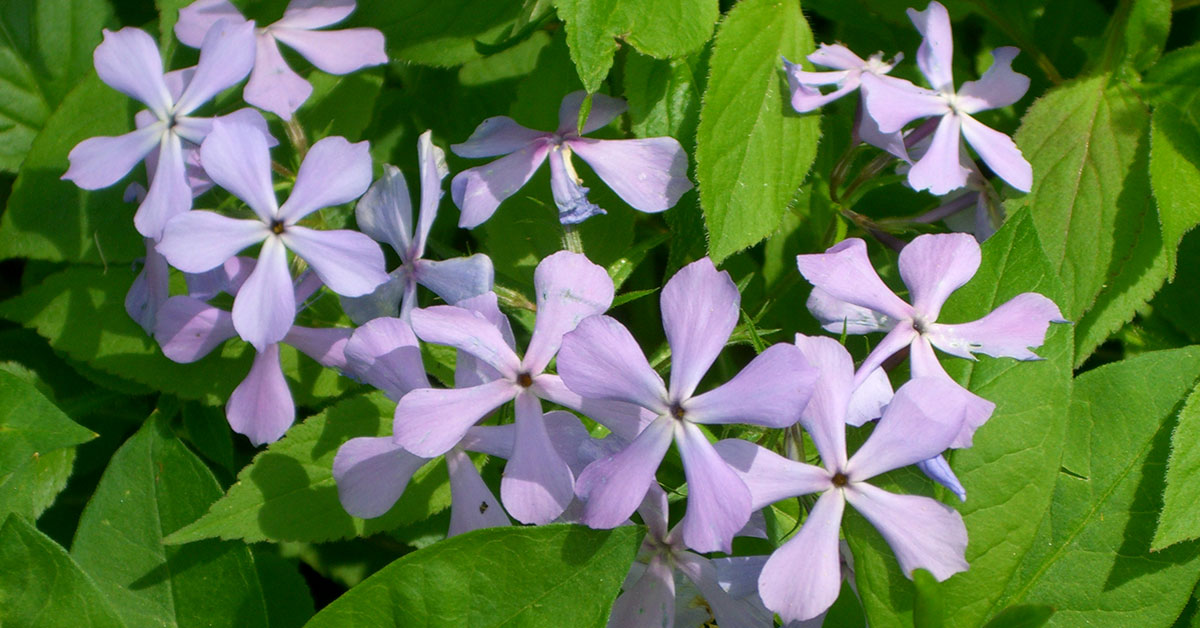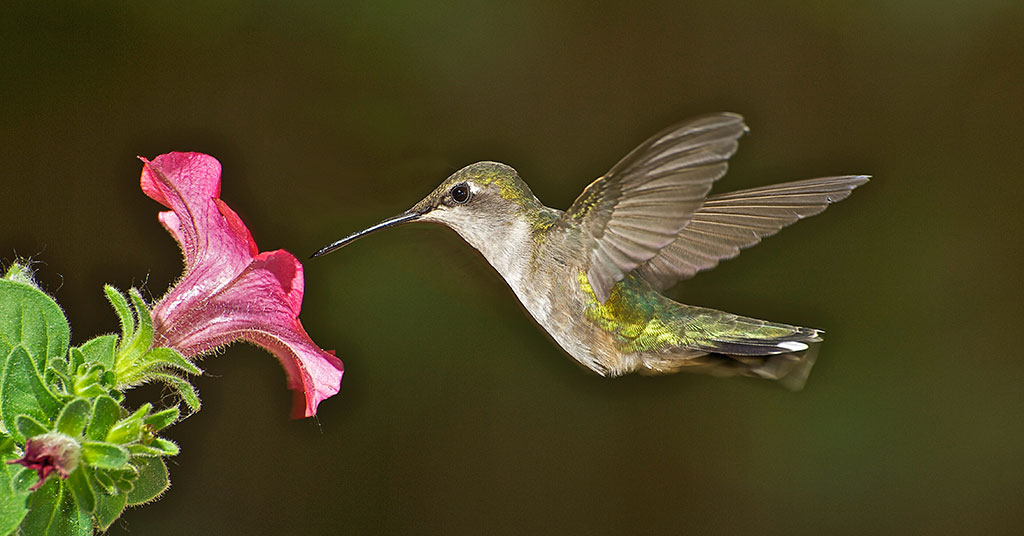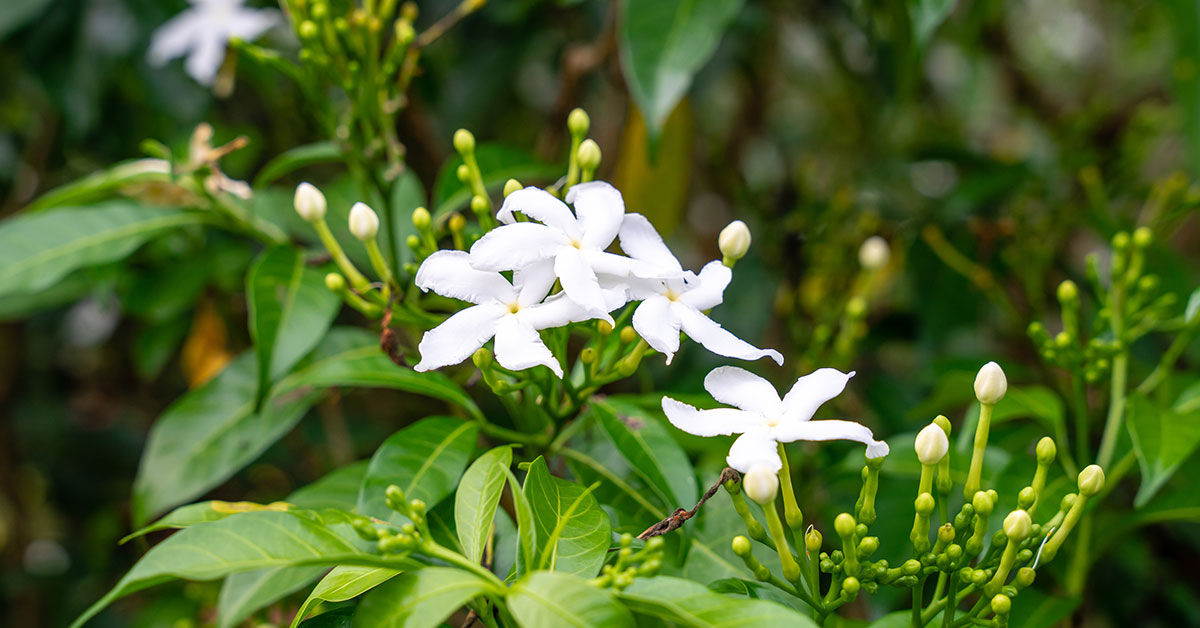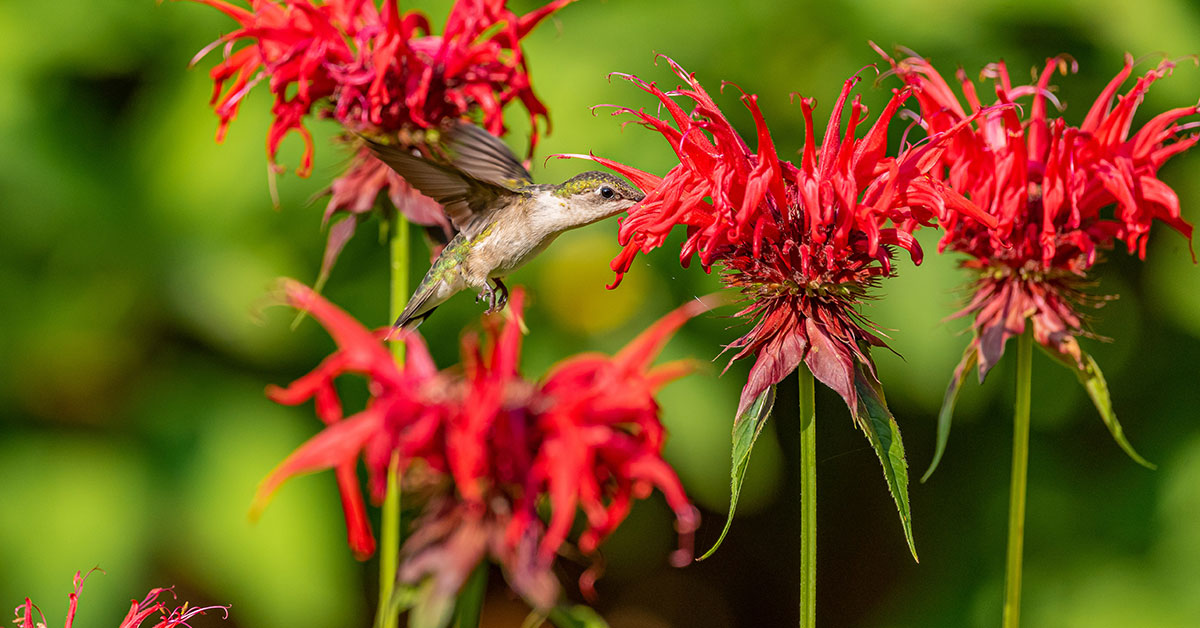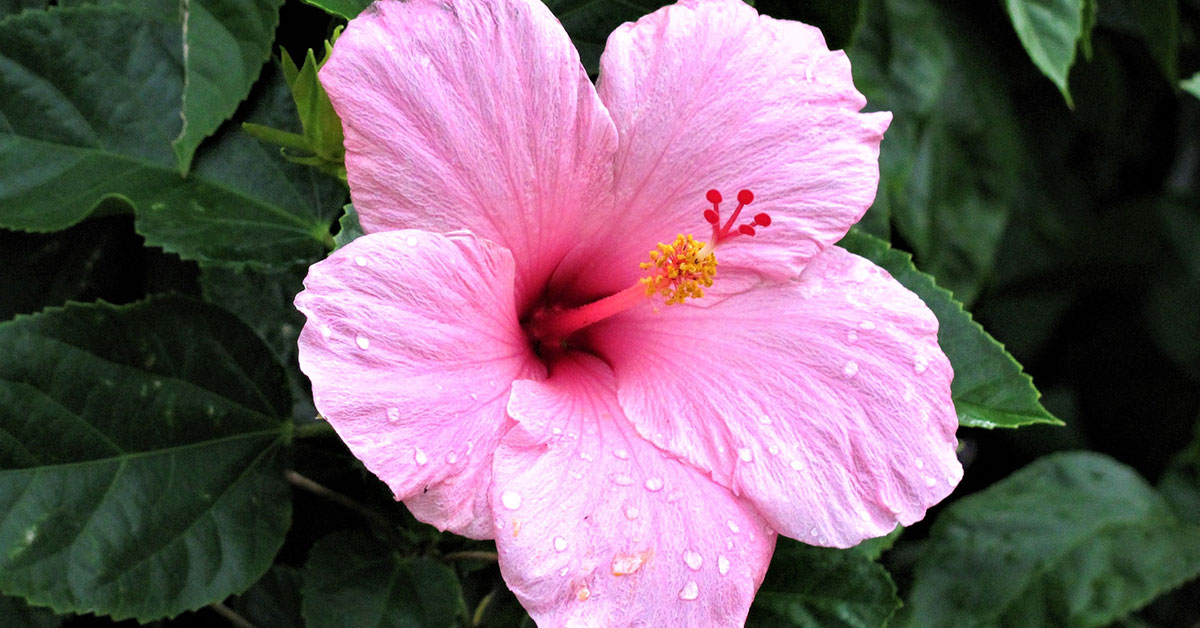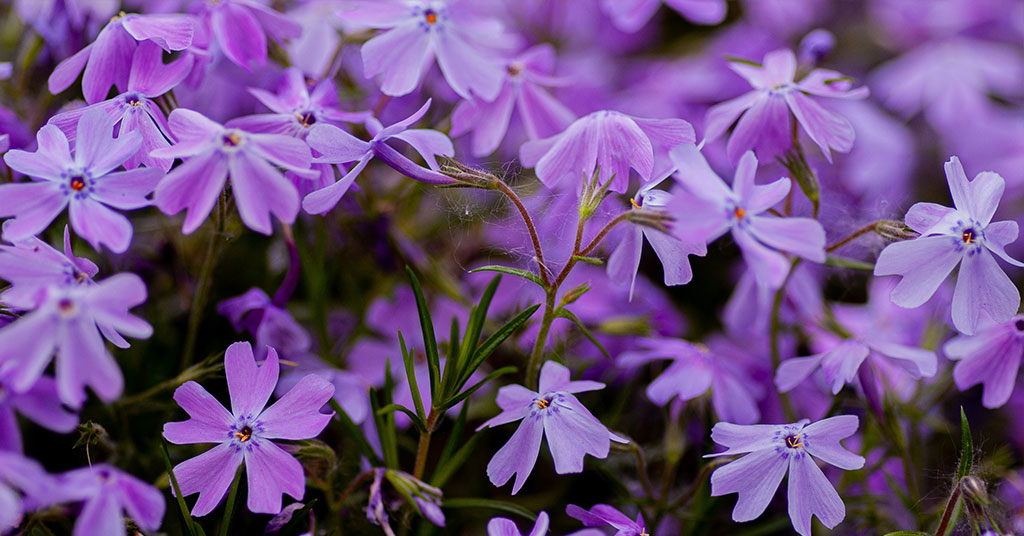Poppies are beautiful and vibrant flowers that can easily be grown from seed. Growing poppies from seed is a relatively easy process that can be done with a few simple steps. This article will provide you with all the information you need to successfully grow poppies from seed.
You’ll learn how to choose the right seeds, prepare the soil, sow the seeds, and care for your poppies as they grow. With these tips, you’ll be able to grow poppies from seed indoors or in the garden in no time.
When To Start Poppies From Seed Indoors
To start, gather poppy seeds, a seed tray, and potting soil. Fill the seed tray with potting soil and sprinkle the poppy seeds on top. Be sure to lightly cover the seeds with soil, then lightly water until the soil is moist.
Place the seed tray in a warm, sunny location. The poppy seeds should germinate in 1 to 2 weeks. Once the seedlings have sprouted, thin out the sprouts to give them room to grow. Keep the soil moist, but not soggy.
If the seedlings get too long, transplant them into individual pots to give them more space to grow. When the poppies are ready to be transplanted outdoors, wait until the danger of frost has passed and plant them in a sunny location with well-draining soil.
When growing poppies from seed indoors, it is important to use rich soil that is high in organic matter and nutrients. Good soil for growing poppy seeds indoors should have a light, sandy texture that is well-draining, yet still has the ability to hold onto moisture.
A soil mix of equal parts compost, vermiculite, and coco coir provides the ideal balance of air and water retention. As well as an abundance of nutrients for poppy seeds to thrive.
When To Transplant Poppy Seedlings Outdoors
The best time for transplanting poppy seedlings outdoors is in the early spring when the weather is still cool and there is plenty of moisture in the soil. The soil should be well-drained and the seedlings should be planted about 6 inches apart.
Poppies prefer to be in full sun and will benefit from regular watering. It is important to wait until all danger of frost has passed before transplanting. Poppies are very delicate and can easily be damaged by cold weather.
When providing care for freshly transplanted poppy seedlings outdoors, it is important to remember to water them regularly and keep the soil moist. The seedlings should be planted in a sunny area and mulch should be added to help retain moisture.
Additionally, the soil should be kept weed-free as weeds can compete for nutrients. If the poppy seedlings are planted in an area with strong winds, a wind break should be provided to protect the delicate seedlings. Lastly, fertilizers can be applied to help the seedlings grow and thrive.
Monitor For Pests And Diseases
Poppy seedlings can be susceptible to a variety of pests and diseases when planted outdoors, and it is important for gardeners to take precautionary steps to ensure their plants remain healthy. Common outdoor pests that attack poppy seedlings include aphids, caterpillars, and slugs.
A wide range of diseases can also affect poppy seedlings, including gray mold, root rot, and powdery mildew. These pests and diseases can cause stunted growth, discoloration, and wilting of the plants. To prevent these issues, gardeners should make sure the soil is well-drained and adequately fertilized, and that the plants are spaced properly.
Additionally, they should inspect their poppy seedlings regularly and take steps to control any infestations or infections as soon as they are noticed.
To ensure that the seedlings are given the best chance to grow, prune the seedlings soon after they are transplanted outdoors. Start by removing any dead or damaged stems, then trim stems that are too long back to the desired size. This will encourage bushier growth and help establish a strong root system. Additionally, pinch off any new buds that appear on the stems.
This will help the seedlings focus their energy on growing strong and healthy roots, rather than flowering prematurely. Pruning also helps to promote air circulation and keeps the seedlings from becoming overcrowded. Finally, make sure to water the seedlings regularly and keep the soil moist. With the proper pruning and care, your poppy seedlings are sure to thrive.


